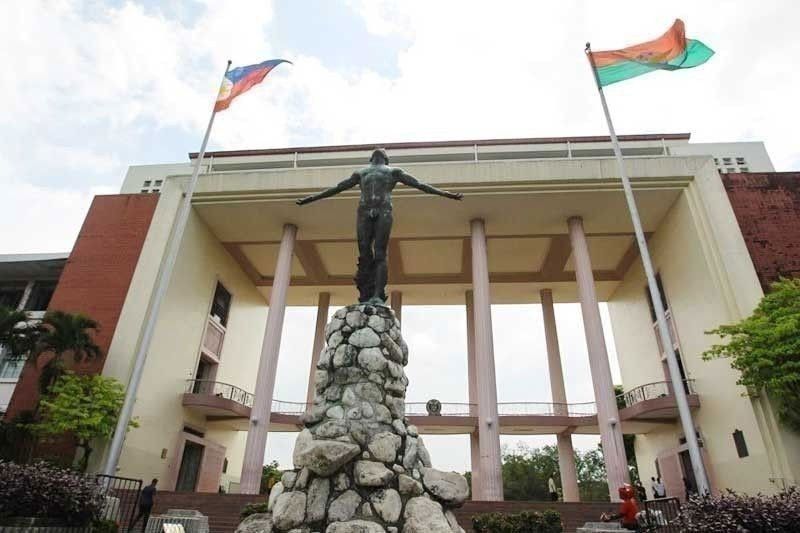UP Manila develops ampalaya tablet for Type 2 diabetes

MANILA, Philippines — The University of the Philippines (UP) Manila has developed a medicine for type 2 diabetes, which has shown therapeutic effect on blood sugar levels.
In a statement yesterday, UP Manila said the Institute of Herbal Medicine (IHM) of the National Institutes of Health said the ampalaya tablet is classified as herbal medicine, setting it apart from other bitter gourd products in the market which are categorized as herbal food supplements.
“Herbal medicines are rigorously tested for safety and efficacy. These are regulated by the FDA (Food and Drug Administration). Unlike herbal supplements, which are often marketed without therapeutic claims, this tablet has undergone extensive clinical trials and is proven to have a therapeutic effect on blood sugar levels. This distinction ensures that the ampalaya tablet offers a superior, scientifically validated option for managing type 2 diabetes,” UP Manila said.
The breakthrough was presented by Daisy-Mae Bagaoisan, a registered pharmacist and research assistant professor at IHM.
Bagaoisan said the team of researchers focused on ampalaya powdered leaves, which demonstrated significant potential in lowering blood sugar levels.
She said the herbal tablet has undergone clinical trials in three phases and has been found to effectively reduce “fasting plasma glucose by the third week of treatment and decrease glycosylated hemoglobin after 12 weeks.”
“Diabetes, particularly non-insulin-dependent diabetes mellitus, is a growing concern worldwide, especially in low- and middle-income countries such as the Philippines. Our research on the ampalaya tablet offers a natural alternative that could complement current treatments for managing diabetes,” Bagaoisan said.
The rising prevalence of diabetes, exacerbated by factors such as obesity and lifestyle changes, underscores the need for effective and accessible treatments, she said.
“Bitter may indeed be better when it comes to managing diabetes,” she said.
Bagaoisan said the ampalaya tablet was formulated according to guidelines of the World Health Organization.
“Moreover, it is very safe, making it a viable option for those seeking a herbal remedy with no known side effects,” she said.
The clinical studies conducted by the team at UP Manila have paved the way for the tablet’s registration with the FDA as a herbal medicine.
The transfer technology document for the ampalaya tablet was completed in 2006, bringing this innovation closer to being available to the public.
The development of the ampalaya tablet was a collaborative effort involving a pharmacognosy team led by the late Cecilia Zamora, with contributions from the late Ernesta Quintana in the field of agriculture.
The pre-clinical studies team was composed of Romeo Quijano, Maria Joanna Mendoza, Bagaoisan, Pacifico Magturo Jr., Jo-Ann Sur Magturo (deceased), Federico Ripalda and Bernardo Sagun, with guidance from Isidro Sia and Horacio Estrada (deceased).
- Latest
- Trending




























